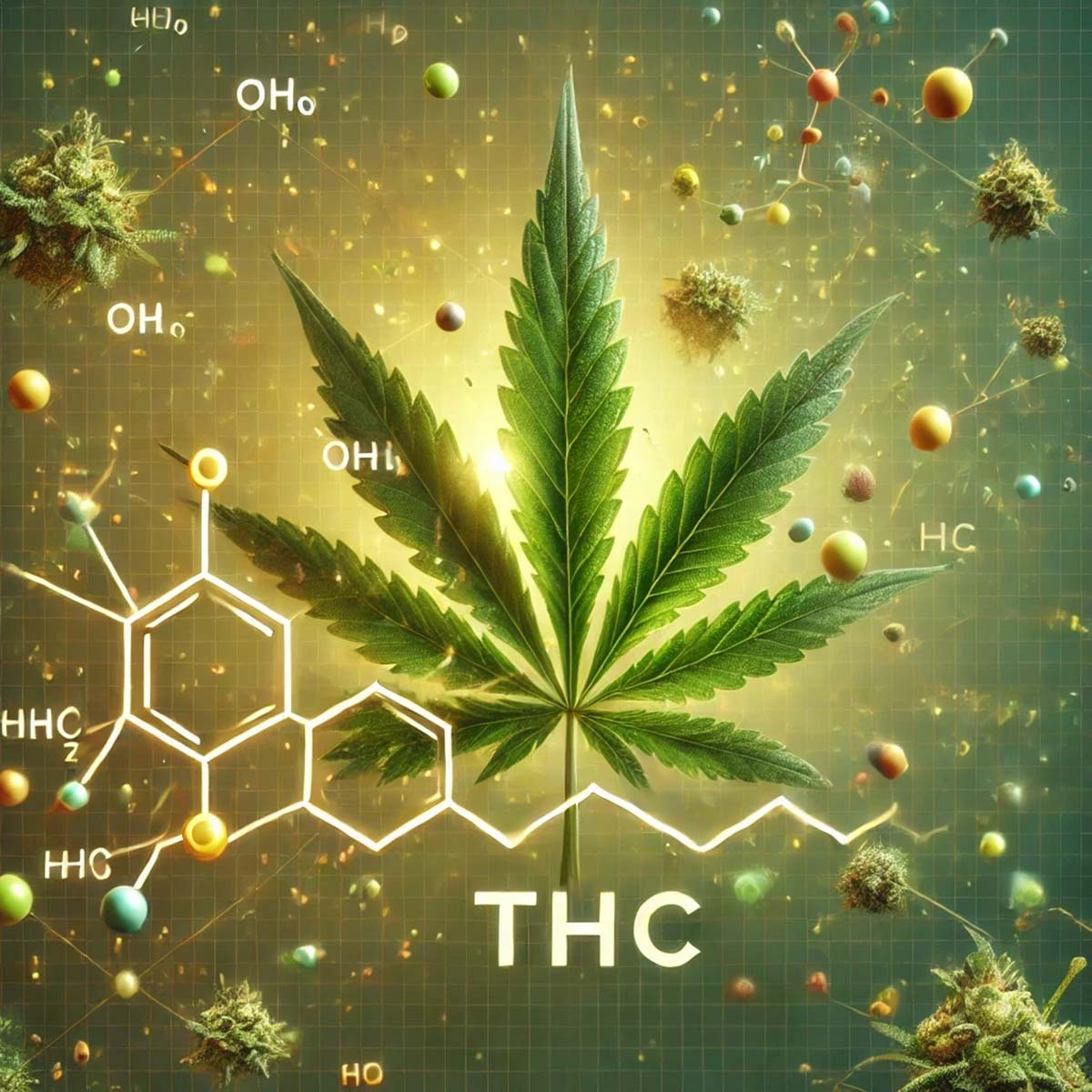THC, which stands for tetrahydrocannabinol, is a naturally occurring compound found in the cannabis plant (Cannabis sativa). It is the primary psychoactive component of cannabis, responsible for the euphoric and intoxicating effects often associated with marijuana use.
When consumed, THC interacts with cannabinoid receptors in the brain and nervous system. These receptors are part of the body’s endocannabinoid system, which plays a role in regulating various physiological processes, including mood, memory, pain perception, and appetite.
THC binds to cannabinoid receptors, particularly the CB1 receptors, leading to the activation of various signaling pathways. This interaction results in the release of neurotransmitters and the modulation of neural activity, ultimately producing the psychoactive effects associated with marijuana use.
The effects of THC can vary depending on factors such as the method of consumption, dosage, individual tolerance, and the presence of other compounds in the cannabis plant. Common effects of THC consumption can include relaxation, euphoria, altered perception of time, increased appetite (often referred to as “the munchies”), and changes in sensory perception.
It’s important to note that THC can have both desirable and undesired effects. While some people may seek out the psychoactive properties of THC for recreational purposes, others may use it for medicinal purposes to potentially alleviate symptoms such as pain, nausea, or muscle spasms.
The legality of THC varies across different jurisdictions. In some places, THC is illegal, while in others, it may be legal for medical or recreational use, subject to specific regulations and restrictions. It is essential to understand and abide by the laws and regulations regarding THC in your specific location.



